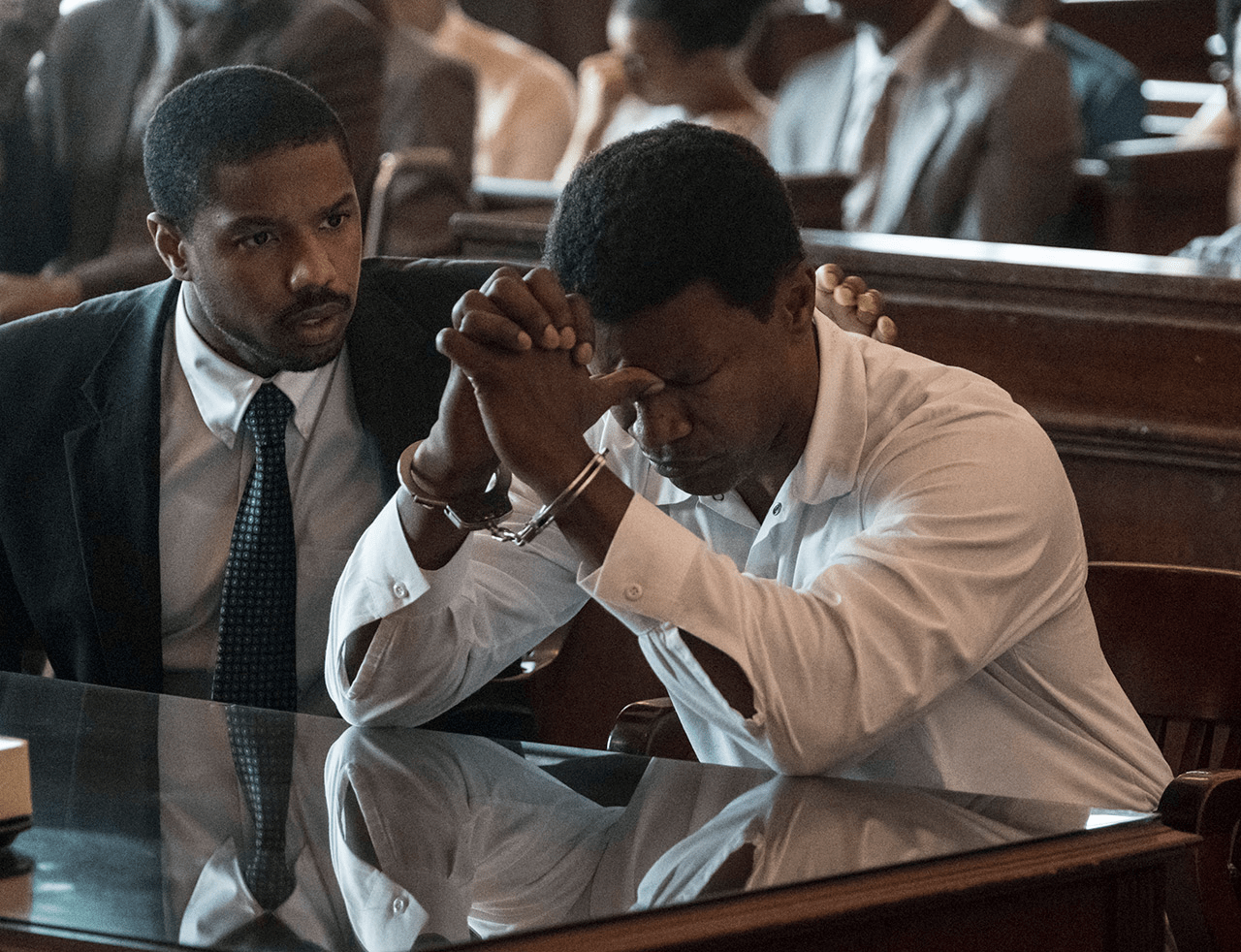If the Black Lives Matter movement didn’t already motivate you to educate yourself on systemic racism and how to be an anti-racist, this week’s Supreme Court decision allowing the first federal executions in 17 years to happen should. This week’s executions (Daniel Lee on Tuesday, Wesley Purkey on Thursday, and the third possibly today) are all of white men, but future executions will definitely and disproportionately be of People of Color (POC), with Black people making up 42% of all people on death row.
It’s incredibly difficult to understand what it must feel like to be an inmate on death row. My only point of reference is when I was a novice visiting Angola State Prison in 2018. I walked through the sickly halls of the old death row. I sat at the conference table where those executed ate their last meal and met with loved ones for the last time. I stood in the room where the Louisiana-sanctioned executions occur. I felt the coldness of the gurney where the men receive their lethal injections. Although I internally felt the unjustness of capital punishment, I didn’t yet fully understand the role that systemic racism plays in our criminal justice system.
That all changed after watching Just Mercy, a movie based on the story of Bryan Stevenson, a civil rights attorney who fought for the lives of Black people on death row who were wrongly accused of crimes and/or lacked proper representation. The movie centers on one of his first big cases, that of Walter McMillian, who was sentenced to die for the murder of an 18-year old girl, despite evidence proving McMillian’s innocence. The movie drew me into the pain of Black individuals and their families when those individuals are falsely accused of crimes. Not only the pain, but also the helplessness they feel when facing a system that seems so rigged against POC.
How is it rigged? Here are some points to keep in mind as you watch the film. First, McMillian is used as a quick fix to a crime that was hard to solve. 1 Second, the authorities refuse to listen to testimonies from Black people that prove the innocence of the accused. And third, the court didn’t include Black people in the jury.
Visiting Angola State Prison and watching Just Mercy help me better stand in solidarity with my Black brothers and sisters who find themselves at the mercy of an often corrupt criminal justice system. Our responsibility doesn’t stop at being in solidarity, it must also involve prayer and action. As Catholics, we believe in the dignity and protection of all human life from conception to natural death. This belief calls us not only to speak out about beginning-of-life issues, but also about those at the end-of-life. Saint John Paul II said in Evangelium Vitae that cases in which the execution of the offender is an absolute necessity “are very rare, if not practically non-existent.” Pope Francis later strengthened that teaching by saying that “the death penalty is inadmissible because it is an attack on the inviolability and dignity of the person.” These teachings protect the lives of the falsely accused, and they give those guilty of crimes the possibility of redemption.
Let us pray that God will use these teachings and stories like that of Walter McMillian to bring conversion to our hearts, that we may work to be both a more just and merciful society.
- For an in-depth look at a similar example of this, listen to the award-winning second season of the “In the Dark” podcast. It’s an investigative report of the case of Curtis Flowers, a Black man from Mississippi accused of a gruesome quadruple murder. ↩


